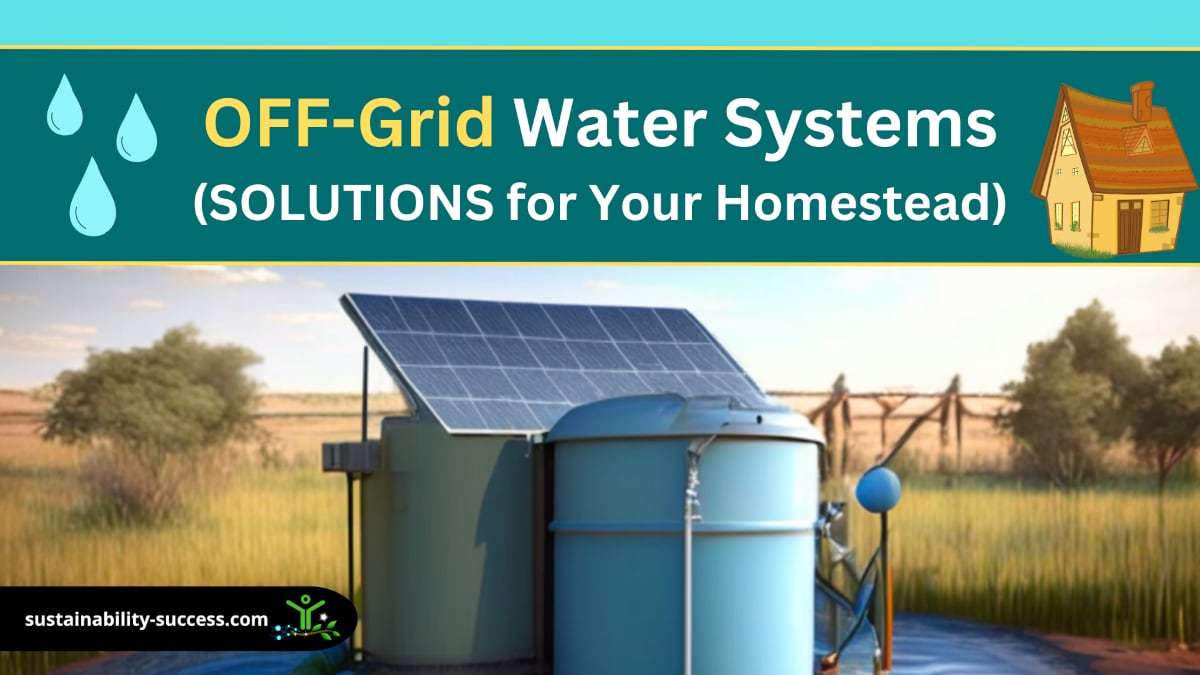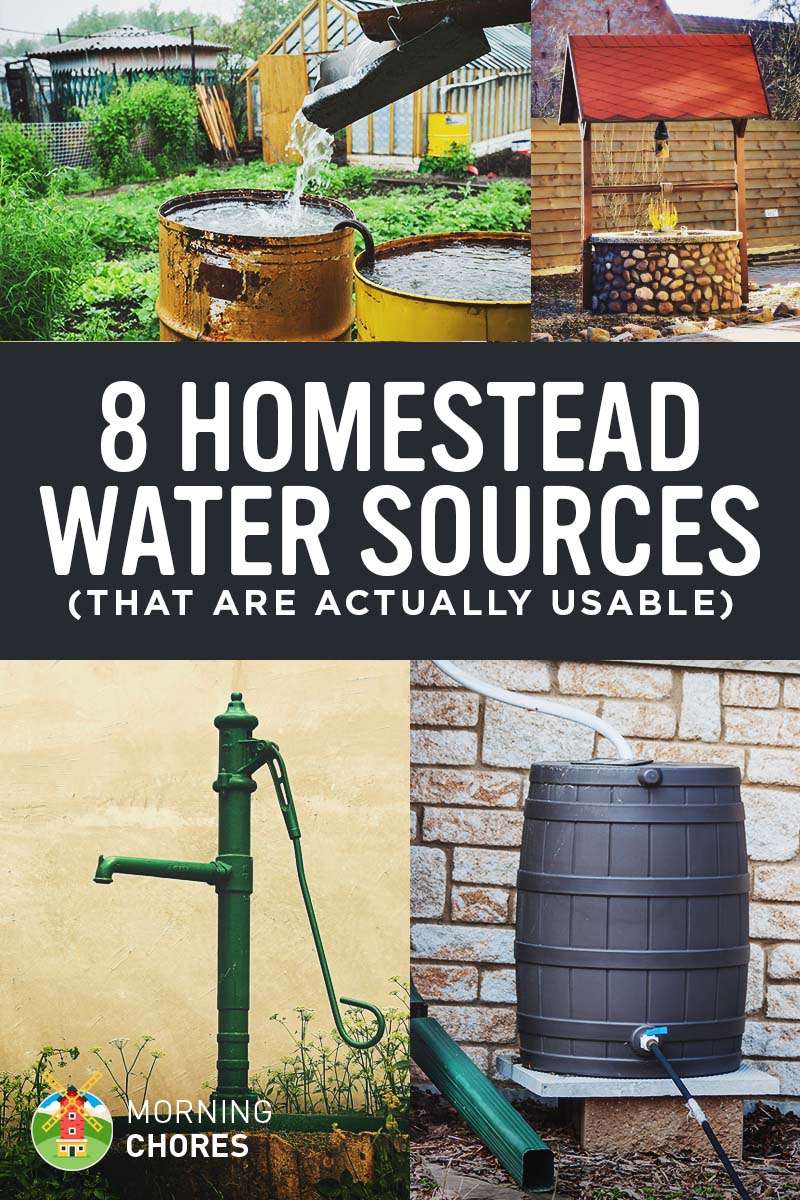If you’re living off-grid on a homestead, finding a reliable source of water can be a challenge. However, there’s a simple and fast solution that can provide you with all the water you need: collecting rainwater. Rainwater can be used for a variety of purposes, from watering crops to cleaning and cooking. Not only is rainwater collection an easy and cost-effective method, but it also eliminates the need for expensive and time-consuming well installations, which can be prone to water contamination. One of the best ways to collect rainwater is by using gutters to channel it into rainwater barrels or tanks. If you don’t have gutters, a tarp on the ground can be used as a makeshift channel. By setting up a rainwater harvesting system, you can maximize your water collection, promote sustainable living, and conserve precious water resources. Just remember to check your local regulations and filter and purify the rainwater before using it for cooking and cleaning.
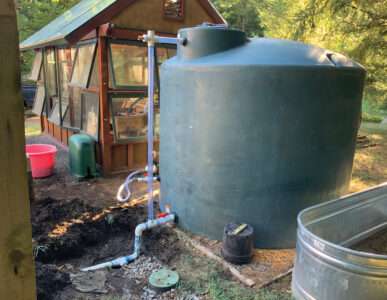
Benefits of Collecting Rainwater
Rainwater collection offers numerous benefits, especially for off-grid homesteads. By collecting rainwater, you can have a reliable source of water that is readily accessible and abundant. You won’t have to depend solely on costly and time-consuming well installations. Instead, you can harness the power of nature and rely on the free resource that is rainwater.
But what can you do with all that collected rainwater? The versatility of rainwater usage is immense. You can use it for various purposes such as watering crops, cleaning, cooking, and washing. This makes rainwater collection an essential part of sustaining an off-grid lifestyle. Not only does it help meet basic needs, but it also promotes self-sufficiency and reduces dependency on external resources.
Challenges of Traditional Water Sources
While well installations have been a common choice for obtaining water, they come with their fair share of challenges. First and foremost, the cost implications of installing a well can be quite high. From drilling the well to installing the necessary pumps and equipment, the expenses can quickly add up. Additionally, the process can be time-consuming and disruptive to your homestead routine.
Furthermore, there is a risk of water contamination with traditional water sources. Contaminants such as bacteria, chemicals, and pollutants can find their way into wells, jeopardizing the quality and safety of the water supply. This poses a significant health risk and highlights the importance of exploring alternative methods for water collection.
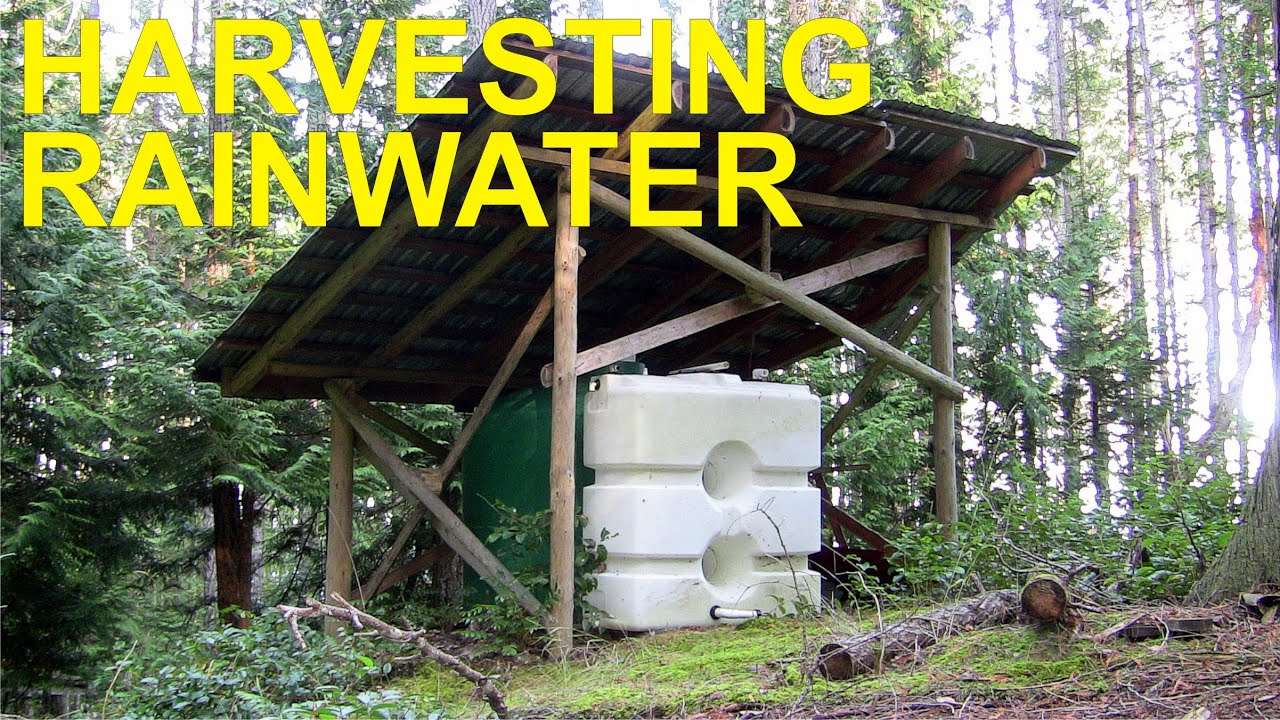
The Best Method: Using Gutters
One of the most effective and efficient methods of rainwater collection is through the use of gutters. By positioning gutters along the edges of your roof, you can easily channel rainwater into barrels or tanks for storage. This method capitalizes on the natural flow of rainwater and directs it towards a designated collection point.
Not only is this method simple and straightforward, but it also allows for easy integration into existing structures. Gutters can be installed on rooftops of various sizes and materials, making it a versatile option for any homestead. With proper maintenance and regular cleaning, gutter-based rainwater collection systems can provide a steady supply of water throughout the year.
Alternative Method: Using Tarp on the Ground
In situations where gutters are not available or feasible, an alternative method is to use a tarp on the ground. By strategically placing a tarp in an open area, you can create a makeshift channel to capture rainwater and direct it towards a collection point, such as a barrel.
While this method may not be as efficient or aesthetically pleasing as using gutters, it can still serve as a temporary solution or be suitable for smaller-scale rainwater collection. However, it is important to note that tarps can degrade over time and may require regular replacement or maintenance to ensure optimal performance.
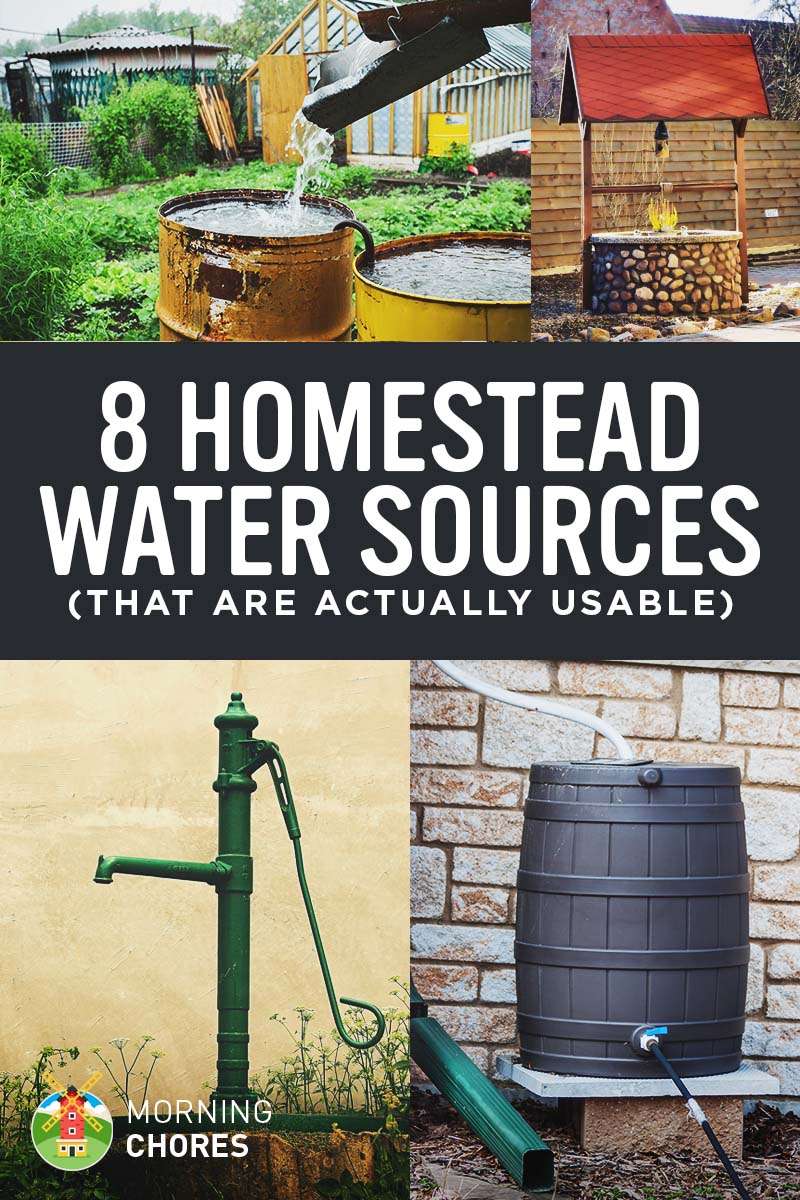
Setting Up a Rainwater Harvesting System
Setting up a rainwater harvesting system is a relatively affordable and easy process. With the right equipment and a basic understanding of the principles behind rainwater collection, you can create a system that meets your specific needs.
When planning your rainwater harvesting system, it is crucial to consider any local regulations or restrictions that may be in place. Some areas have specific guidelines or permits required for rainwater collection, so it’s important to do your research and ensure compliance with local laws.
By taking affordability, ease of installation, and local regulations into account, you can design and implement a rainwater harvesting system that suits your unique circumstances.
Various Methods of Collecting Rainwater
Rainwater collection offers a wide range of methods to choose from, depending on your needs and preferences. Here are some popular options:
Barrels
Rainwater barrels are a common choice for collecting rainwater. They come in various sizes and can be easily connected to your gutter system. With proper filtration and maintenance, barrels can provide a reliable source of water for various household purposes.
Tarps
As mentioned earlier, tarps can be used to create a makeshift rainwater collection system. While not as efficient as gutters and barrels, they can still serve as a temporary solution or be suitable for smaller-scale collection needs.
Water cisterns
Water cisterns are large storage containers designed specifically for rainwater collection. They can hold significant volumes of water and are a reliable option for off-grid homesteads. However, they may require professional installation and regular maintenance to ensure optimal performance.
Wet water system
Wet water systems involve diverting rainwater directly into a storage tank or underground reservoir. This method ensures minimal contact with external contaminants and provides an efficient means of collecting rainwater.
Catchment systems
Catchment systems are designed to capture rainwater directly from the roof surface. By utilizing specialized materials and drainage systems, these systems maximize rainwater collection efficiency and reduce water runoff.
Bladder tanks
Bladder tanks offer a space-saving and flexible solution for rainwater storage. These collapsible tanks can be installed in basements, crawl spaces, or under decks, making them suitable for smaller properties or areas with limited space.
Rainwater chains
Rainwater chains serve both functional and aesthetic purposes by replacing traditional downspouts. They guide rainwater from the gutters into a designated collection area, adding a decorative element to your rainwater harvesting system.
Green roofs
Green roofs serve a dual purpose of rainwater collection and environmental conservation. By incorporating vegetation and specialized drainage layers, green roofs can absorb and retain rainwater while reducing urban heat island effects and promoting biodiversity.
DIY collectors
For those who prefer a hands-on approach, DIY collectors offer the opportunity to create customized rainwater collection systems using readily available materials. From repurposed containers to homemade filtration systems, the possibilities are endless.
Rainwater gardens
Rainwater gardens combine rainwater collection with sustainable landscaping practices. These gardens are designed to absorb, cleanse, and store rainwater while providing an aesthetically pleasing and environmentally friendly space.
Plastic ponds
Plastic ponds offer a simple and cost-effective solution for rainwater collection. These pre-formed ponds can be placed in strategic locations to collect rainwater and create a visually appealing feature on your property.
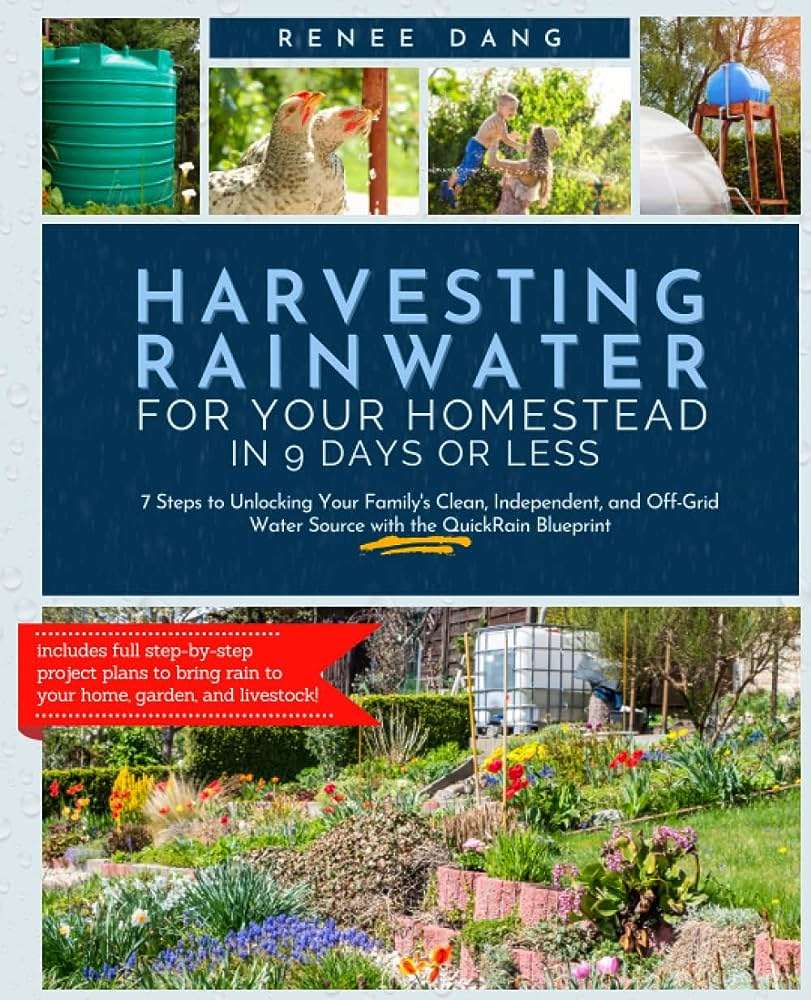
Importance of Filter and Purification
Regardless of the method or system you choose for rainwater collection, it is essential to prioritize water filtration and purification. Rainwater, while naturally clean, can still contain various contaminants such as debris, pollutants, and microorganisms. By implementing proper filtration and purification techniques, you can ensure that the water you collect is safe for cooking, cleaning, and other household uses.
There are various filtration methods available, including sediment filters, activated carbon filters, and UV disinfection systems. These systems work together to remove impurities and pathogens, guaranteeing that your rainwater is of the highest quality.
Maximizing Rainwater Collection
To maximize rainwater collection and make the most of this valuable resource, it is beneficial to combine different collection methods. By using multiple techniques simultaneously, you can increase your overall water storage capacity and reduce water runoff.
Additionally, embracing rainwater collection aligns with sustainable living principles. By relying on rainwater instead of traditional water sources, you are actively conserving water resources and reducing your environmental impact.
In conclusion, collecting rainwater offers a host of benefits for off-grid homesteads. From providing a reliable water source to promoting sustainable living, rainwater collection is a practical and versatile solution. By exploring different methods, prioritizing filtration and purification, and maximizing rainwater collection efficiency, you can enjoy the many advantages that come with harnessing the power of rain. So why wait? Start collecting rainwater today and take control of your water supply.
